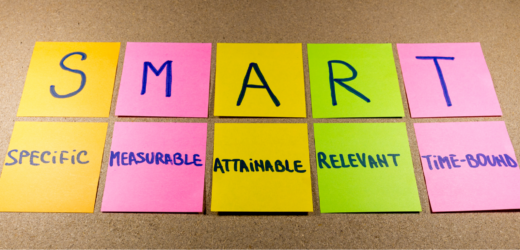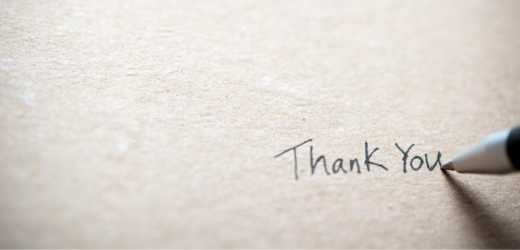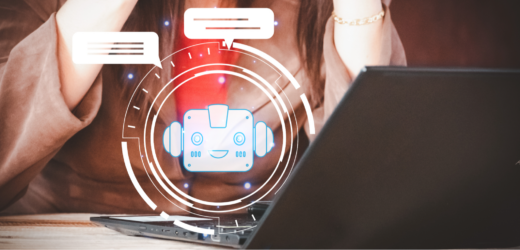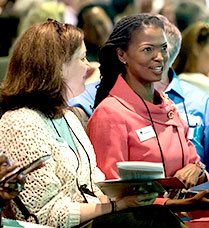In a way, I started podcasting in the 1970s. I worked as a radio DJ and spent hours with reel-to-reel tape, editing with literal razor blades and Scotch tape. We didn't call it podcasting, of course. I first heard of podcasting in 2004 or so.
Related Articles
I have two loves: teaching and learning. Although I love them for different reasons, I’ve been passionate about...
There are a myriad of answers to this seemingly simple question. Grading probably comes to mind for many...
Fears of disingenuous work, fraudulent and stolen information, and theft of intellectual property have been swirling around education...
Students often struggle academically due to an inability to organize their lives around achievable goals. Students beyond early...
Hey, you. Yes, you. When was the last time you told your students, colleagues, or (gulp) administrators how...
For online faculty, I think it’s more important than ever to be conspicuously human...
Back when I was an undergraduate, students were thought to drop out of college because either they failed...










